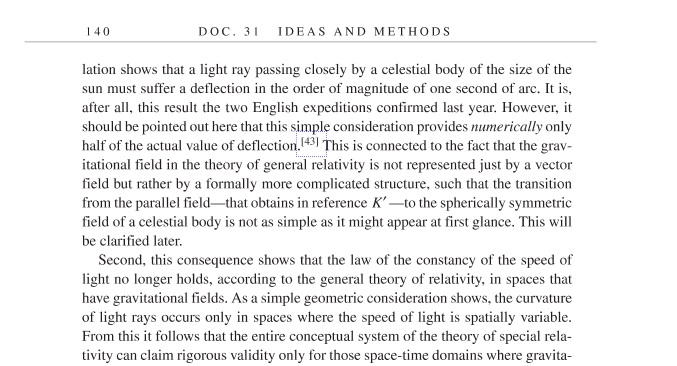Coupling between galaxy spin and central black hole spin
As far as I know, we have no evidence of any such coupling.
What is the relationship between the spin of a galaxy and the spin of its corresponding black hole?
As far as I know, We have no evidence of any such relationship.
Do they always have the same axis of rotation? Do they always spin in the same direction?
As far as I know, nobody knows.
Does galaxy angular momentum increase due to frame dragging from black hole, causing continuing increase in galaxy angular velocity?
As far as I know, no.
How does Hawking radiation impact rotational coupling?
As far as I know, it has no effect whatsoever*.
All very unsatisfactory I know. But there may be a sound reason for that. See this article: Monster Black Hole Spins at Half the Speed of Light. Note this:
"In the new study, a team led by Rubens Reis of the University of Michigan used NASA's Chandra X-ray Observatory and the European Space Agency's XMM-Newton — the largest X-ray space telescopes currently available — to observe the X-rays generated in the innermost regions of the disk of material circling and feeding the supermassive black hole that powers the quasar J1131. Measuring the radius of the disk allowed the astronomers to calculate the black hole's spin speed, which was almost half the speed of light".
Sounds good, doesn't it? But note that they haven't actually measured the black hole's spin speed. They've calculated it. And note this:

That's Einstein saying the speed of light varies with gravitational potential. Nowadays people tend to refer to the "coordinate" speed of light rather than just the speed of light. But it still leaves us with a problem, because at the event horizon, the coordinate speed of light is zero. The speed of light at that location, as measured by distant observers like us, is zero. And nothing can go faster than light. So what's the rotation speed of the black hole? What would we measure it to be? Saying it's rotating at half the speed of light doesn't help us when the speed of light is zero. And what does that do to conservation of angular momentum? Houston, we have a problem.
Yes, I know people take the Kerr metric for granted, but I have a nasty sneaking suspicion that the answers to your questions could all be negative because black holes don't spin. Because amazingly, incredibly, the ascending photon speeds up, and the descending photon slows down. To zero.
As for Hawking radiation, see Wikipedia where you can read about virtual particles popping into existence even though they only exist in the mathematics of the modelonly exist in the mathematics of the model, and about negative energy particles, which we have never ever seen. We have no evidence of such particles. And whilst we have evidence of black holes, we have no evidence of Hawing radiation. So my advice is to forget it.
